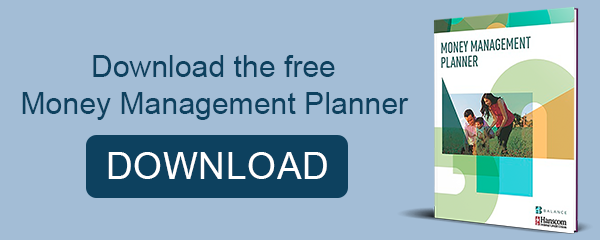A total of 26.6 million young people, ages 18 to 29, now live with their parents. That’s higher than the previous peak during the Great Depression.
About 10 percent of them have moved back home since February of this year. That, of course, was when the coronavirus crisis took hold.
Families often rally in a crisis, and this year fits the definition of a crisis for many of us . But bringing adult children back into a nest they’ve already flown brings challenges to both children and parents.
Here are some ways parents and their adult children can make the most of a new living situation:
For the adult children:
- Pay your way. Work with your parents to determine how much rent to pay. Although the point may be to get on your own two feet, it’s still crucial to contribute something financially, both to help your parents out and to maintain your self-esteem.
- Make yourself useful. Painting the house or building new closets can help add value to your parents' home, as well as improve your own skills when you have your own place again. And, of course, cutting the lawn, shoveling snow, and doing your own laundry are things you should be doing anyway.
- Share what you know. Help your parents understand the little tricks of their smart TV that they may not have known, for example, or set them up with the cool smartphone app you use that can help them save more money or time, too.
- Set a savings goal. Moving back home isn’t a license to spend all your money on your wardrobe or car. Live as frugally as you can, save as much money as possible once you have paid your parents, and keep a close eye on your accounts. Your savings should be growing regularly.
- Learn from your parents. Schedule a weekly dinner with them, perhaps one you cook, and discuss their financial pasts, the mistakes they made, and the decisions that helped them. Experience is the greatest teacher.
For parents:
- Close down the bank of Mom and Dad. Short of emergencies, don’t dole out cash. You are providing a place for your adult child to live and giving them a source of moral support. That’s plenty of riches.
- Continue to live your life. You had been planning to take a vacation, fix up your yard, or spend more time on a hobby? Go for it. Your new roommate will survive without you and can keep an eye on the house while you're away or busy.
- Set a deadline. The vacancy sign doesn't have to be off forever. Having a goal in mind will ease your stress and motivate your child to think about the future. Hosting regular check-ins with your adult child makes a lot of sense, too. They’re trading in a little of their privacy to move in so it's okay to ask hard money questions. Their answers can spark honest discussions, deepening the adult relationship you have with them.
As you work to toward building your future, our Money Management Planner can help. This 12-page workbook will guide you through the process of creating a spending plan. It includes tips and worksheets to help you. Download your free copy to get started.
Others are reading:




.jpg)








Comment